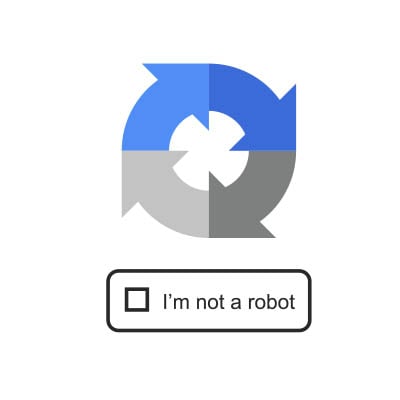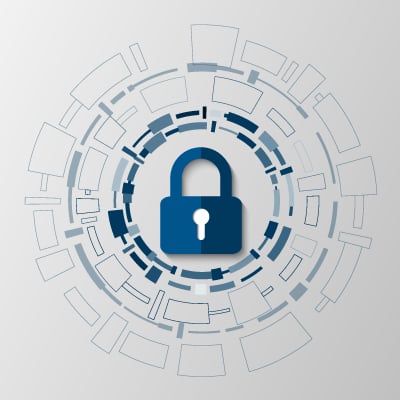Bring Your Own Device, or BYOD, is a common approach for businesses that want to take advantage of mobile technology to kickstart productivity. Instead of supplying each individual employee with company-owned devices, businesses allow employees to use their own devices for work-related purposes. While this is great on the budget, it’s only really effective (and safe) if the employee prioritizes security on their devices; otherwise, it’s a liability.
We’ve all had to confirm we’re not a computer when attempting to log into an account. This is the core purpose of what once was called CAPTCHA… the Completely Automated Public Turing test to tell Computers and Humans Apart. However, it seems surprising that computers don’t easily overcome these simple-seeming tests. Let’s dig into why these simple tests actually are effective at differentiating between human users and automated bots.
Since so much of the world is now online, businesses and organizations interact with people online now more than ever. This means they also collect people’s information, a practice they do for various reasons. Individuals need to consider their own data privacy and how it might be affected by business practices.
Cybersecurity is intensely important, so a business owner would think implementing every security feature and defense would be a good idea. However, as research has shown, this can be counterproductive, as only 67% of surveyed security leaders know what led to cybersecurity incidents in their businesses over the past year.
In June of this year, publisher Chicken Soup for the Soul Entertainment, best known for its book series of the same name, filed for Chapter 7 and Chapter 11 bankruptcy and had many of its assets liquidated. One of these assets was the movie rental service Redbox and its eponymous scarlet rental kiosks, rendering the service defunct. However, many kiosks remain standing outside businesses even now, which makes us wonder… what about all the data they collected while they were in use?







